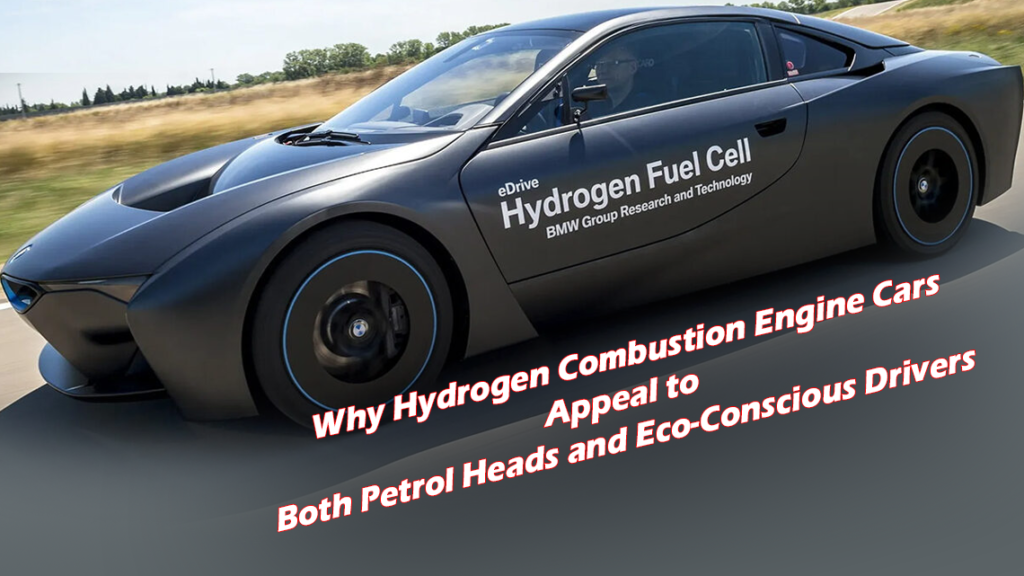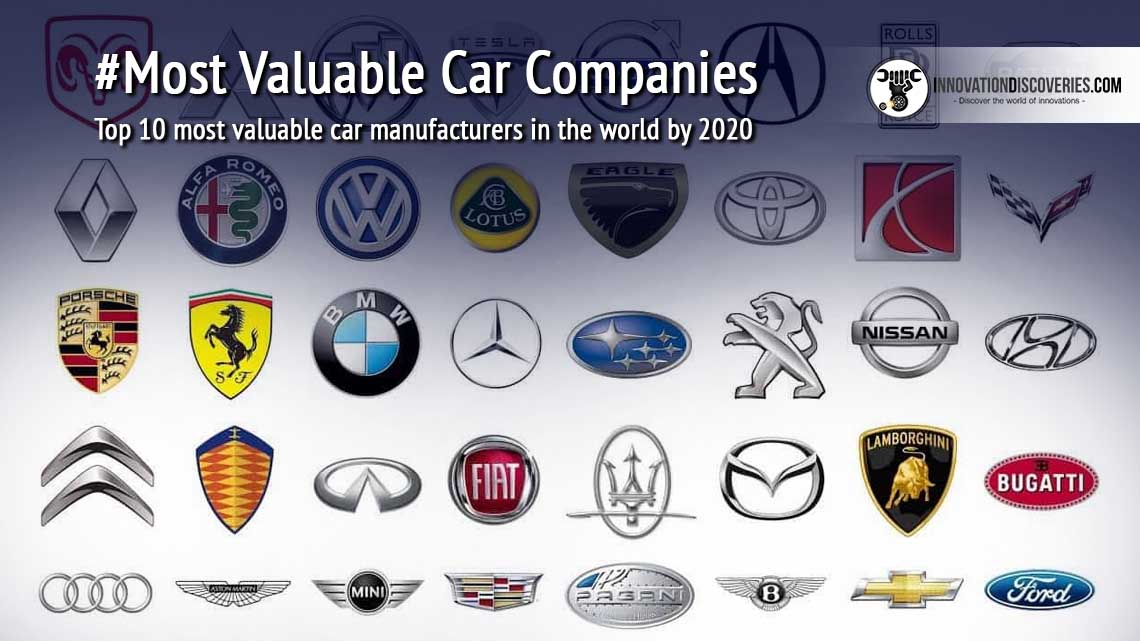
When we think about cars, we often imagine high-performance vehicles with powerful engines and a distinct engine roar. However, with the growing concerns about climate change and the need for sustainable transportation, the automotive industry has been shifting towards electric vehicles (EVs) and other zero-emission technologies.
While EVs have their advantages, some drivers find them lacking in performance and excitement. Enter hydrogen combustion engine cars, a new technology that appeals to both petrol heads and eco-conscious drivers.
Hydrogen combustion engine cars are powered by hydrogen fuel cells that convert hydrogen gas into electricity, which is then used to power an electric motor that drives the wheels. Unlike EVs that need to be recharged, hydrogen combustion engine cars can be refueled in a matter of minutes, just like gasoline cars. This eliminates the range anxiety that is often associated with EVs and makes them more practical for long-distance travel.
However, what really sets hydrogen combustion engine cars apart from EVs is their performance. Hydrogen combustion engine cars can deliver the same level of power and acceleration as gasoline-powered cars, if not better.
In fact, some car manufacturers have already developed hydrogen combustion engine sports cars that can rival their gasoline-powered counterparts in terms of speed and performance. This means that petrol heads can enjoy the thrill of high-performance driving while reducing their environmental impact.
But hydrogen combustion engine cars are not just for petrol heads. They also appeal to eco-conscious drivers who want to reduce their carbon footprint without sacrificing performance.
Hydrogen combustion engine cars produce zero emissions, with water being the only byproduct of the chemical reaction that occurs in the fuel cell. This means that they are a clean and sustainable alternative to gasoline cars, without compromising on performance or convenience.
Another advantage of hydrogen combustion engine cars is that they have a smaller carbon footprint compared to EVs. While EVs produce zero emissions while driving, the manufacturing and disposal of their batteries can have a significant environmental impact.
Hydrogen combustion engine cars, on the other hand, have a lower carbon footprint throughout their entire lifecycle, from production to disposal.
In addition, hydrogen fuel cell technology is still in its early stages of development, and there is a lot of room for improvement. As the technology advances, we can expect to see more efficient and affordable hydrogen combustion engine cars that can compete with gasoline cars in terms of cost and convenience.
In conclusion, hydrogen combustion engine cars offer a sustainable and high-performance alternative to gasoline cars, while also appealing to eco-conscious drivers and petrol heads alike.
While EVs have their advantages, hydrogen combustion engine cars provide a more practical and exciting option for those who want to reduce their carbon footprint without sacrificing performance or convenience. With the technology still in its infancy, we can only expect hydrogen combustion engine cars to get better and more accessible in the future.





